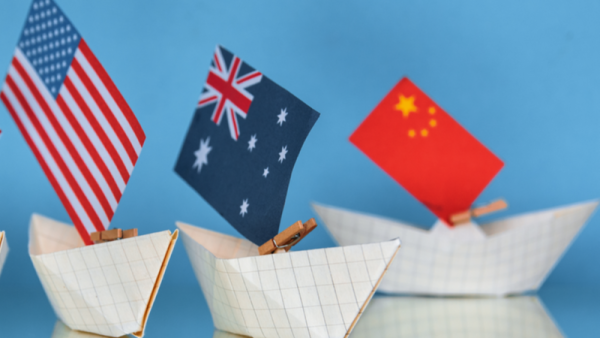Roman_studio / Shutterstock
Australia has always been sensitive to shifts in the balance of power both globally and within its own region, the Asia Pacific. This concern has been amplified over the past decade due to the parallel rise of China and the relative decline of the United States. These realities have framed an ongoing debate in Australia about whether continued reliance on the U.S. alliance for security is either feasible or prudent. This chapter presents two major arguments. First, this debate has been reflected in the oscillation between the pursuit of hedging and balancing behavior in Canberra’s strategic policy vis-à-vis China and the United States since 2007. Second, the increasingly binary nature of the domestic China debate is not solely the result of divergent reactions to shifting relativities of power between the United States and China but also reflects the effect of intervening unit-level variables of domestic politics and anxieties about the country’s foreign policy identity.
Read the article online here.
Note: This article was published in The strategic options of Middle Powers in the Asia-Pacific, Routledge.
Author
Michael Clarke, UTS:ACRI Visiting Fellow; Senior Fellow, Centre for Defence Research, Australian Defence College.


